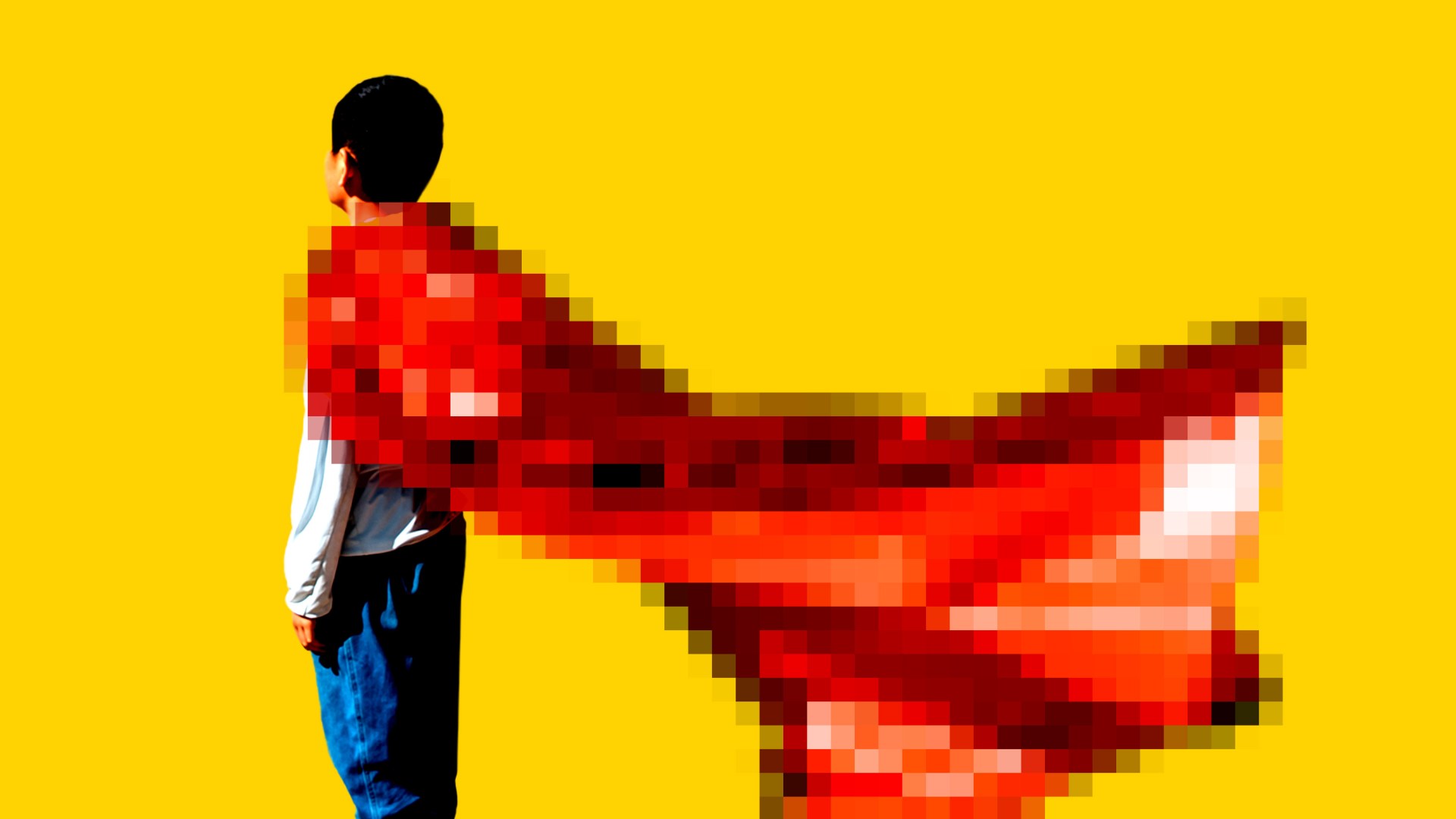It is becoming increasingly apparent that boys are not thriving in today’s America. “It’s not just a feeling,” as journalist Claire Cain Miller recently reported at The New York Times: “Data shows boys and young men are falling behind.”
Wishing to move beyond diagnosis to constructive responses, Miller invited readers in the comments section to suggest solutions. Here’s one: Boys need heroes. Many boys and men have something inside them that longs to be a hero, and that worthy instinct needs to be affirmed and channeled. It is a godly desire that we should meet by introducing boys to worthy role models, to stories of heroism.
Unfortunately, it often seems as if our culture is doing its best to strangle and suppress that honorable instinct. For some decades now, we’ve had a strong emphasis on debunking the erstwhile heroes of the past.
Granted, such reckonings are often valuable and needed. No one can rightly take the measure of Thomas Jefferson without weighing his ownership of enslaved people, and not least his treatment of Sally Hemings and their children. Our very admiration for Jefferson is because he articulated such noble principles—principles these disgraceful and sinful actions belied.
Yet this conversation slid past admitting the flaws in people who have been called heroes to sneering at the very category. This attitude has been reinforced by what C. S. Lewis called “chronological snobbery”: Because issues often resolve and clarify themselves over time, we smugly condemn everyone in the past for not thinking and behaving as we do. We fail to consider that we might have done no better if we had lived in another time. And we also fail to remind ourselves that we no doubt have blind spots that people in the future will find shocking and inexcusable. Would we deem it fair and right if our descendants saw nothing good or admirable in us or anyone else from our time?
These trends have taken a toll on boys. If we’re unwilling to identify any specific people in the past to declare they lived admirable lives, our children may reasonably conclude that they should despair of the possibility of living an admirable life. Discarding heroes finally leads to giving up on heroism.
The Bible is quite willing to extol heroes. Hebrews 11 recounts by name a whole series of heroes of the faith. Some of those people did highly lamentable and sinful things, but we honor them, as we honor all heroes, not because they did things that deserve condemnation but despite the fact that they did them. We honor these heroes for their courage, fortitude, sacrifice, and above all, faithfulness. The Bible teaches us to value the memory of those who have lived worthy lives: “The name of the righteous is used in blessings, but the name of the wicked will rot” (Prov. 10:7).
Many girls and women, of course, also have something inside them that longs for heroism. But I highlight effects for boys in particular because our culture’s stranglehold on the category of the heroic does not affect the sexes equally.
That stranglehold has one exception: You can still be a hero if you’re a member of a marginalized, oppressed group and achieve something admirable, especially helping that group obtain freedom, rights, and greater respect. Heroes in this category are often worthy of high honor, and the category itself is right and good. Just to name one biblical example, think of Moses: He heroically led the Israelites out of slavery and oppression in Egypt.
Because women have been subjected to unjust legal and social restrictions throughout much of history, this exception means girls still have many heroines on offer. Boys looking for male role models, however, are left with fewer options. Many in our culture even view working for the rights or freedom of other people who (unlike yourself) are marginalized or oppressed with a certain skepticism instead of admiration—it’s taken not as heroism but as having a “messiah complex.”
To put it bluntly, we have created a cultural climate in which the only way to become a hero is to first become a victim. There are many incentives in our culture to imagine oneself as a victim but fewer for imagining oneself as a hero. And boys and men have largely been scripted as victimizers, not victims; oppressors, not liberators; villains rather than heroes. None of these realities are healthy messages for boys to imbibe.
The solution must be to enlarge once again the category of what it means to be a hero. There are many ways to be a hero. Boy need to be told this and encouraged to imagine themselves becoming heroes in ways that fit their temperaments, interests, personalities, and callings. A hero might be a leader (Winston Churchill), or a discoverer (George Washington Carver), or an explorer (John Glenn), or a reconciler (Nelson Mandela), or a dissident (Lech Wałęsa), or a rescuer (Oskar Schindler), or a witness (Jim Elliot), or many more things beside.
Perhaps you would like to argue about the fittingness of identifying some of those people just listed as heroes. That is all healthy and good. Don’t limit yourself, however, to debunking other people’s heroes. Populate the category. Name some heroes. Introduce boys to concrete examples of heroic lives worth living. Let your sons imagine that they can grow up to be heroes.
Timothy Larsen teaches at Wheaton College. His forthcoming book is The Fires of Moloch: Anglican Clergymen in the Furnace of World War One.



















